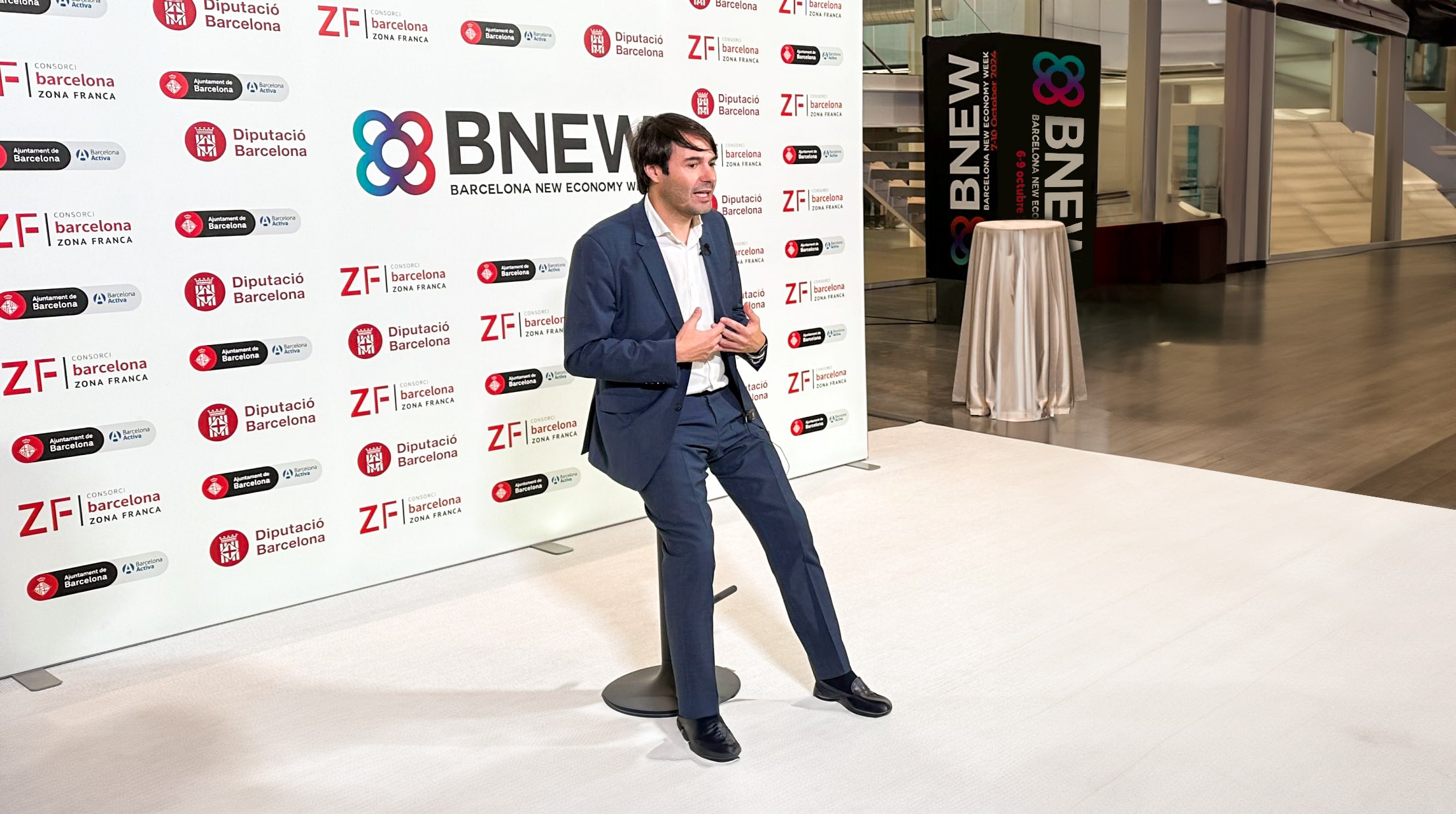Flexible remuneration. Un factor clave en la estrategia de RRHH

Flexible compensation plans are a growing element in the HR strategies of organizations that are enabling them to effectively manage the talent and well-being of their employees.
Tabla de contenidos
ToggleFlexible compensation plans will evolve from a generic model to a more individualized and personalized one thanks to the use of technology.
Although the concept is an old one and was mainly applied by larger companies, flexible compensation has been gaining prominence in recent months, regardless of the size of the organization.
Butwhat is flexible compensation? Flexible compensation is a form of compensation that goes beyond the mere monthly payroll income and is also used to pay for the work performed by an organization’s employees. For the employee, the advantage is that they use part of their salary to obtain products or services at a lower price than the market price.
Why implement a flexible compensation plan?
The current reality, in which high rates of inflation are hurting workers’ purchasing powerhas allowed the also known as the flexible compensation plan has become one of the most important main trends in HR. This steady rise in prices has caused employees to start demanding compensation from companies to enable them to meet the cost of the increase. The problem is that most organizations cannot offer a massive salary increase, so the implementation of a flexible compensation plan has been seen as the solution that satisfies both the company and the employee.

Among the most common benefits that are part of a flexible remuneration system are some such as more flexible working hours or increased telecommuting hours, which are added to the more traditional ones such as restaurant vouchers, transportation assistance or health insurance.
The incorporation of this series of benefits has therefore become a fundamental tool for the HR department to improve organizational structure, address the talent crisis and optimize company resources, in addition to improving employee well-being. For companies, several studies estimate that the implementation of a flexible compensation system provides a return of between 10 and 25 times the investment made compared to having to undertake a salary increase.
The flexible remuneration of the future
Despite the advantages provided by flexible compensation plans, the truth is that many employees do not see their expectations satisfied with them. This is because the needs of each of them are different, so the fact of granting generic benefits is starting not to be part of the human resources strategy of many companies. For example, a worker without children does not benefit from the childcare voucher, and a worker who lives a 15-minute walk from home does not need transportation assistance.

Flexible compensation solutions
As a result, HR and talent management departments are increasingly relying on solutions and platforms such as BesTalent IA by aggityThe use of technologies such as Artificial Intelligence, Big Data or Machine Learning to optimize your strategy and provide the necessary information to provide the worker with the necessary information to optimize his or her strategy. a flexible compensation plan that is fully individualized and tailored to your needs. These solutions will also analyze other data such as price increases and offer data-driven solutions for workers to mitigate this situation.
In the end, what is achieved with the implementation of any flexible compensation system is that employees have the best possible working environment, which increases the feeling of belonging to the company and also raises their productivity ratios.
Últimos posts

aggity strengthens its commitment to sustainability as a SILVER partner of “Fundación Empresa & Clima”.

aggity participates in the IBM Ecosystem Summit 2024 with an applied case of Generative AI in the food industry

Aggity, together with the multinational Fortinet, present an exclusive event in Lima on the application of Generative AI in Corporate Cybersecurity.

aggity participates in Smart Ports: Piers of the Future

aggity Supports the Contigo Foundation at its Annual Dinner

Challenges and Opportunities of Generative AI in Industry: Our Experience at BNEW

Official Liferay Partner in Spain





